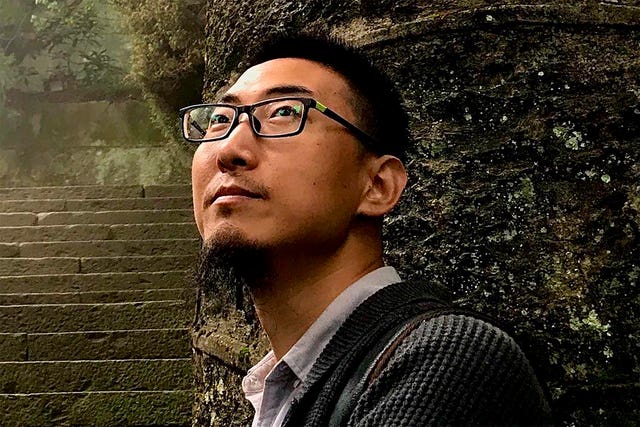Chinese journalist who promoted #MeToo jailed
Huang Xueqin has been sentenced to five years in prison on charges of incitement to subvert state authority.

A Chinese journalist who promoted women’s rights as part of the country’s nascent #MeToo movement has been sentenced to five years in prison on charges of incitement to subvert state authority, almost three years after she and an activist were detained.
The verdict stated that Huang Xueqin would also face a fine of 100,000 yuan (around £10,800), underlining the ruling Communist Party’s intolerance of any activism outside its control in a system whose upper echelons are dominated by men.
China’s #MeToo movement flourished briefly before being snuffed out by the government. The country often silences activists by holding them incommunicado for a long time and then sentencing them to prison.
Huang’s release date was listed as September 18 2026, accounting for her earlier detention. Co-defendant Wang Jianbing was sentenced to three years and six months on the same charge. Wang is more known for his labour rights activity but also helped women report sexual harassment.

Huang and Wang’s cases appear to have become intertwined as part of the most recent wave of a general crackdown on rights advocates, a trend that predates the #MeToo movement and includes previous incidents such as the 2015 detentions of women distributing pamphlets against sexual harassment on public transport.
Working as an freelance journalist, Huang helped spark China’s first #MeToo case in 2018 when she publicised allegations of sexual harassment made by a graduate student against her PhD supervisor at one of China’s most prestigious universities.
Friends say that Huang and Wang disappeared on September 19 2021, a day before Huang was scheduled to fly to the UK to start a master’s degree on gender violence and conflict at the University of Sussex. They went on trial in September 2023.
The International Women’s Media Foundation earlier gave Huang its Wallis Annenberg Justice for Women Journalists Award.
Supporters of Huang and Wang created a GitHub webpage to post case updates and share their thoughts. China is routinely listed by monitoring groups as among the top imprisoning nations of journalists.
Amnesty International’s China Director Sarah Brooks issued a statement condemning Huang’s conviction as an attack on women’s advocacy in the People’s Republic of China, which has long promoted the concept that “women hold up half the sky”, but whose institutions remain dominated by men.
“These convictions will prolong their deeply unjust detention and have a further chilling effect on human rights and social advocacy in a country where activists face increasing state crackdowns,” Ms Brooks said.
“In reality, they have committed no actual crime. Instead, the Chinese government has fabricated excuses to deem their work a threat, and to target them for educating themselves and others about social justice issues such as women’s dignity and workers’ rights,” she added.





